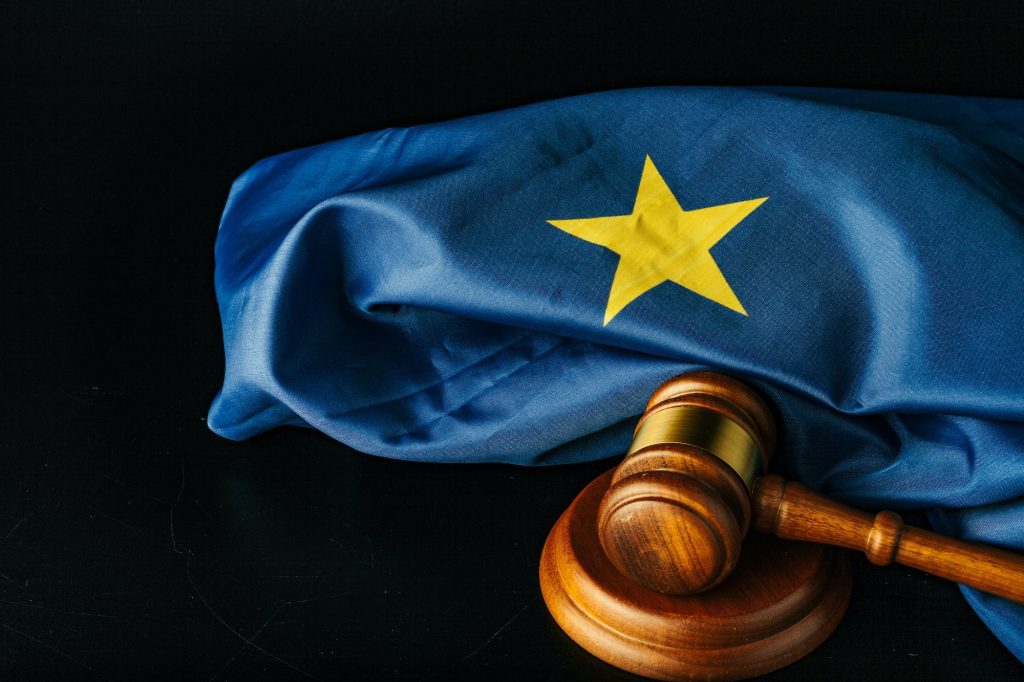CJEU’s ruling on electronic communication data use in corruption investigations
The CJEU’s recent ruling sets a significant precedent on the use of electronic communication data in corruption investigations within the public sector. Namely, the CJEU ruled that using electronic communication data in public sector corruption investigations violates EU privacy laws.

In a recent legal ruling, the Court of Justice of the European Union (CJEU) addressed the utilization of personal data linked to electronic communications in administrative inquiries into corruption within the public sector. The case revolved around a Lithuanian public prosecutor who faced dismissal allegations for allegedly furnishing information to a suspect and their legal representative during a preliminary investigation. The prosecutor challenged this decision, contending that employing data sourced from electronic communication providers to ascertain the origins and destinations of telephone communications constituted an unwarranted intrusion into fundamental rights under the EU law.
The CJEU’s verdict affirmed that the Directive on privacy and electronic communications bars the utilization of such personal data in probes pertaining to corruption within the public service. It clarified that, even though measures to combat severe criminal activities might justify encroachments on fundamental rights, the significance of addressing corruption-related misconduct in office ranks lower than combatin serious crimes. Consequently, data retained for the purpose of combating serious crimes cannot subsequently be employed in efforts to address corruption-related misconduct.
Why does it matter?
This judgement underscores the principle of proportionality when weighing fundamental rights against law enforcement imperatives and establishes a precedent for using electronic communication data in administrative investigations. It has far-reaching implications for how personal data can be used in administrative investigations related to corruption within the public sector.
